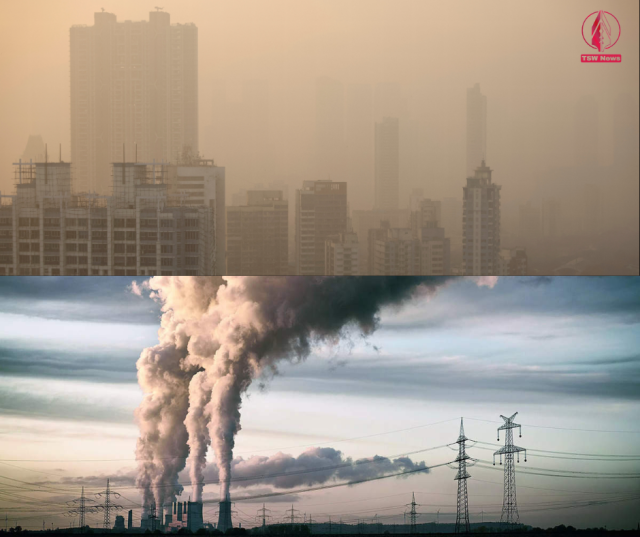Indian Policy Body Recommends Halt on Sulphur Emission Reducing Gear for Power Plants
- Posted on October 21, 2024
- News
- By Arijit Dutta
- 116 Views
NITI Aayog has recommended halting the installation of sulphur emission-reducing equipment at India’s coal-fired power plants. The proposal, which could impact tenders worth ₹960 billion, contradicts previous emissions reduction rules aimed at reducing air pollution. Environmentalists worry about the potential rollback, noting that coal plants are major contributors to sulphur dioxide emissions in India.

India’s top policy think tank, NITI Aayog, has proposed pausing the installation of flue gas desulphurisation (FGD) units in coal-fired power plants, which are used to reduce sulphur emissions. According to a document seen by Reuters, the recommendation urges the federal environment and power ministries to direct coal-based power plants to stop placing new orders for this equipment, potentially halting tenders worth ₹960 billion for 80,000 megawatts of power units.
The recommendation raises concerns over India’s commitment to reducing air pollution, which is among the highest in the world. Previously, the government had set a deadline for coal plants to install FGD units by 2017, which was later extended to 2026.
Environmentalists are worried about this potential reversal, as coal-fired plants are responsible for about 80% of industrial emissions of sulphur and nitrous oxides, which contribute to lung disease and acid rain. A 2019 Greenpeace report even named India as the largest emitter of sulphur dioxide, mainly from coal plants. However, NITI Aayog's document argues that government studies do not indicate a significant impact of SO2 emissions from these plants on India’s air quality, contradicting multiple global studies.




